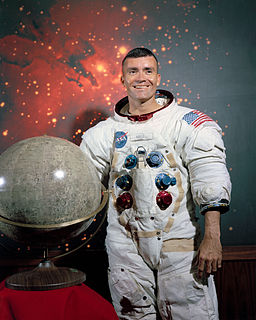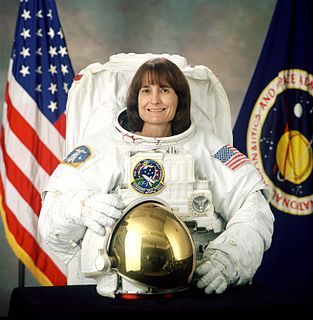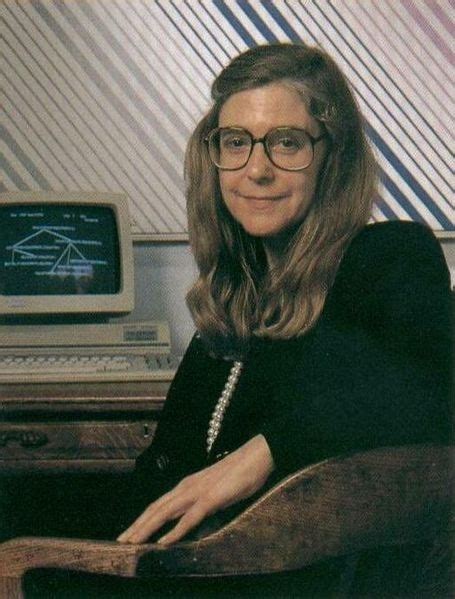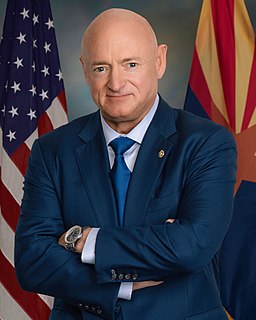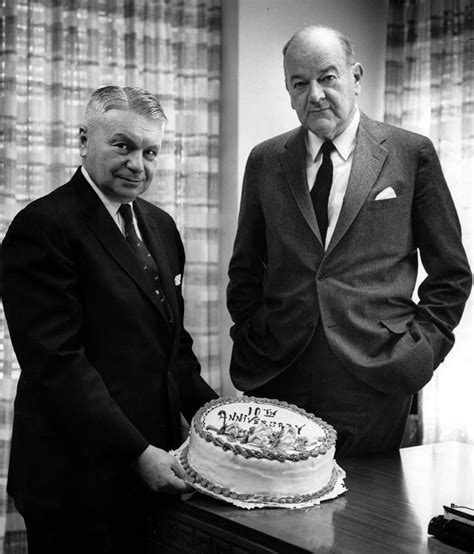A Quote by Fred Haise
I cycled on a crew assignment as the backup commander on Apollo 16 and would have flown Apollo 19 on a return mission to the moon. However, the last few missions of the Apollo Program were canceled for budgetary reasons. So I lost my second opportunity to land on the moon.
Related Quotes
Scientists constantly get clobbered with the idea that we spent 27 billion dollars on the Apollo programs, and are asked "What more do you want?" We didn't spend it; it was done for political reasons. ... Apollo was a response to the Bay of Pigs fiasco and to the successful orbital flight of Yuri Gagarin. President Kennedy's objective was not to find out the origin of the moon by the end of the decade; rather it was to put a man on the moon and bring him back, and we did that.
In less than 70 hours, three astronauts will be launched on the flight of Apollo 8 from the Cape Kennedy Space Center on a research journey to circle the moon. This will involve known risks of great magnitude and probable risks which have not been foreseen. Apollo 8 has 5,600,000 parts and 1.5 million systems, subsystems and assemblies. With 99.9 percent reliability, we could expect 5,600 defects. Hence the striving for perfection and the use of redundancy which characterize the Apollo program.
In the west, Apollo and Dionysus strive for victory. Apollo makes the boundary lines that are civilization but that lead to convention, constraint, oppression. Dionysus is energy unbound, mad, callous, destructive, wasteful. Apollo is law, history, tradition, the dignity and safety of custom and form. Dionysus is the new, exhilarating but rude, sweeping all away to begin again. Apollo is a tyrant, Dionysus is a vandal.
I was an eight-year-old kid when I watched the first Apollo Moon Landing way back in 1969 and there was something about that moment that really stuck in my head. I'd always been interested in space and flying and I was building model rockets and model airplanes, but something about that moment, I can remember like it was yesterday watching the Apollo Lunar Lander approach the surface of the Moon and then later watching Neil Armstrong and Buzz Aldrin take the first steps on the Moon, and something that day started the dream for me that, hey, I want to be like those guys.
I've always wanted to be part of something that would radically change the world. . . . People forget the power of inspiration. All of humanity went to the moon with the Apollo missions. The issue was cost. There was no chance to build a base and create frequent flights. That's the problem I would like to solve.
I actually don't remember Apollo 11 exactly because, at the time, I was five years old. The landing happened at night, and the walk on the moon happened at night eastern time, and I asked my parents; my mom said I was probably asleep, and so I just don't have any recollection. I do have recollection of the later missions to the moon.
